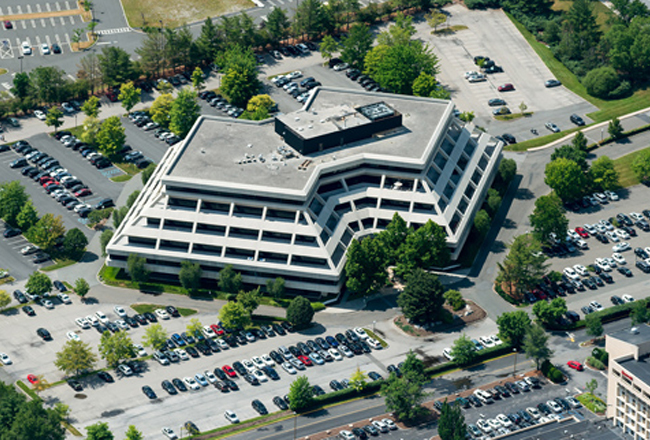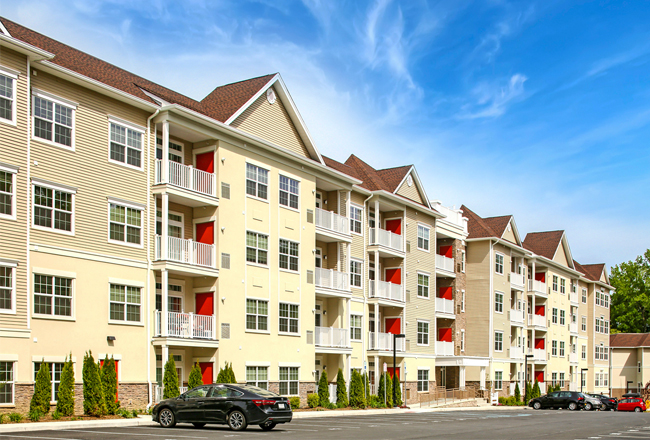 Port Chester village officials will consider bringing in a master developer as a partner in reviewing and planning downtown projects.
Port Chester village officials will consider bringing in a master developer as a partner in reviewing and planning downtown projects.
At its July 5 meeting, the village board of trustees gave the planning department the go-ahead to send out a request for qualifications for companies interested in the master developer role.
Eric Zamft, director of planning for Port Chester, said the master developer would be asked to focus on opportunities mainly in the village’s downtown, but its work could be expanded to other areas at the village’s discretion.
The most recent example of a master developer in Westchester is in New Rochelle. The city worked with master developer RDRXR at New Rochelle LLC, a team of two Long Island-based companies, RXR Realty LLC and Renaissance Downtowns, to develop a plan for 274 acres in its downtown. The ambitious plan, approved in 2015, allows development of new retail and office space and 5,500 new apartments, with 10 percent of units priced as affordable housing.
Zamft told the Business Journal that a master developer could provide the village a “partner who speaks the language of development and can help look at things comprehensively.”
Before the board approved the RFQ, Zamft gave a presentation on what a master developer could bring to the village. On the positive side, the developer could lead more community engagement efforts than the village’s resources allow. The company could also offer more experience and allow the village to come up with a more comprehensive plan for development than the “ad-hoc” approach the village currently uses to review individual projects, Zamft said.
On the downside, Zamft said a company chosen as master developer might consider profit over what’s best for the village. The village could also have to give up some control to the company and be required to pay a fee.
Along with the potential master developer plan, Port Chester trustees approved $650,000 in the 2017 budget to study the village”™s zoning and prepare to implement a form-based code, which regulates the physical forms of structures in development zones rather than controlling development by allowed uses. That’s something the village would handle on its own, Zamft said, but the imaster developer could help plan and implement it.
Discussion about seeking a master developer started about a month ago among the village board members, Zamft said. “It’s something that is happening in the region and we’re looking to try to bring that approach here,” he said.
The decision to consider hiring a master developer comes as the village nears completion of review for a project one trustee called the biggest in Port Chester’s history. The village in March approved a zoning change for a $450 million proposal by Starwood Capital Group to turn the former United Hospital site at the village’s southern end into a mixed-use neighborhood with residential, commercial and office properties. The village will next review a site plan for the project.
While that review was “project- and developer-focused,” Zamft said, the master developer approach would allow the village and master developer to study the area’s needs and identify possible projects with more community input. “Having that community-based process is an approach I think we are interested in pursuing,” he said.
The planning department hopes to publish the request for qualifications sometime in the next week, allowing three to four weeks for responses. The village will seek applicants with a range of offerings, Zamft said, including development experts, technical experts and market economists.
After reviewing companies responding to the RFQ, the board can decide whether to move forward with a smaller pool of selected applicants to seek requests for proposals.






















Moving main street’s biggest eye sore, the mess of overhead powerlines, underground, would do wonders for downtowns appeal.